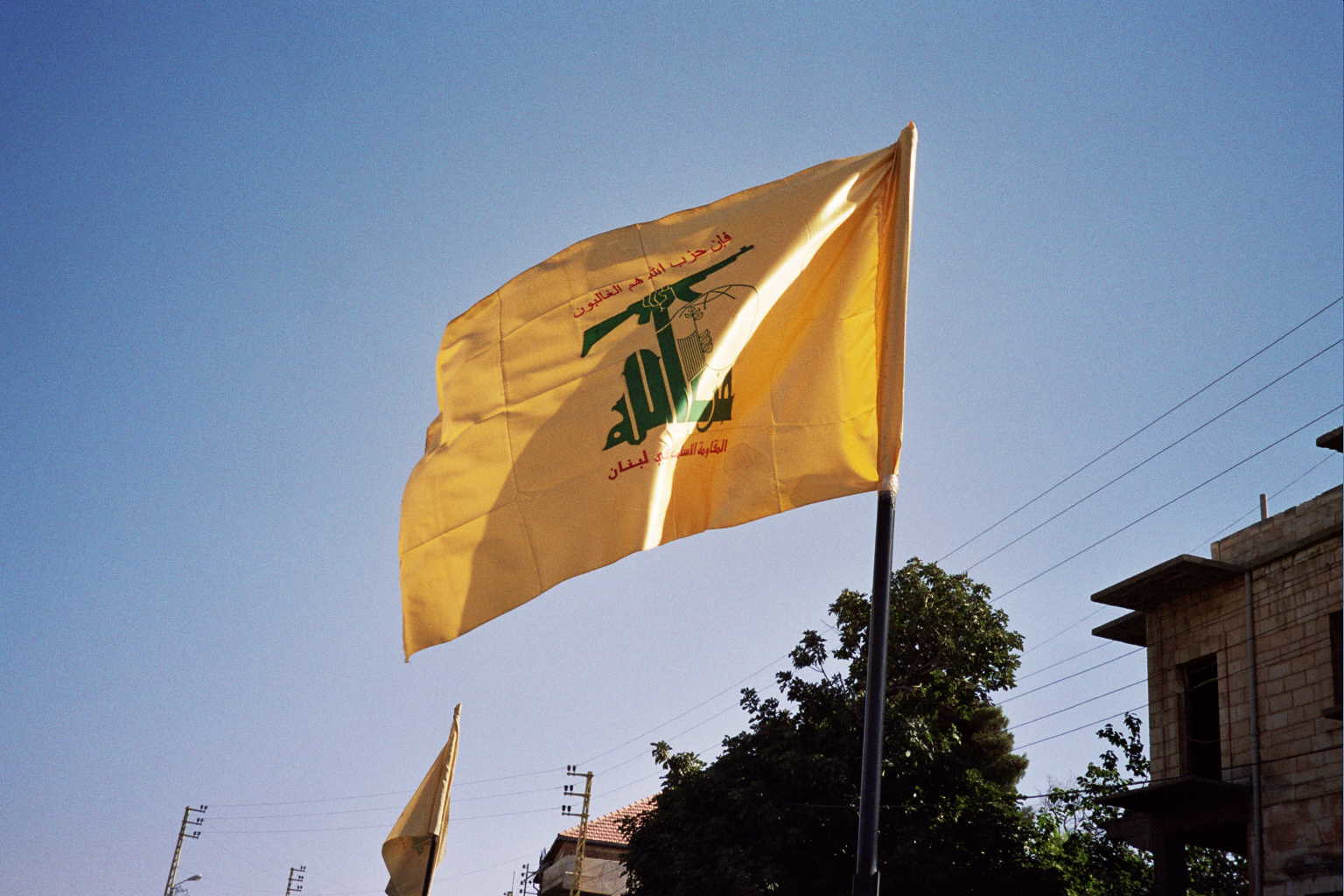Hezbollah: Still a Threat? A U.S.-mediated agreement between Israel and Lebanon to delimit a maritime boundary is imminent. In addition, the deal permits “one or more reputable, international corporations that are not subject to international sanctions” to “explore and exploit” “a hydrocarbon prospect of currently unknown commercial viability” in the Mediterranean Sea. Both Lebanon and Israel will benefit economically. Everyone wins, or so it would seem.
Even the Lebanon-based militant organization Hezbollah approves of the agreement. That is odd, since reports published as recently as late August indicated that the Israel Defense Forces feared a Hezbollah attack to derail the deal.
Why would Hezbollah accept a deal that it supposedly wanted to quash? The answer is that Hezbollah did not actually want to “derail” negotiations. In fact, it explicitly leveled its threats in support of the Lebanese state. Hezbollah leader Hasan Nasrallah’s exact words on Sept. 17, were, “In the event that Lebanon does not obtain its rights, which are demanded by the Lebanese state, we are going to escalate.” He made similar threats in early June, blustering that Hezbollah “has the capacity” to attack Israel’s assets in the Karish gas field in the Mediterranean. In early July, the IDF intercepted three unmanned aerial vehicles that Hezbollah launched towards the Karish field.
How did Washington react to Hezbollah’s belligerence? A June 29 report in Axios offers a clue, relaying that, according to Israeli officials, Washington’s envoy was “concerned about a potential escalation and thinks the time left can be used as a window of opportunity when both sides will have an incentive to get a deal and avoid a flare-up.” In other words, Hezbollah’s threats increased Washington’s urgency to forge a deal.
Now, some observers and stakeholders are celebrating the imminent deal on the grounds that it relaxes tension between Lebanon and Israel. But the only reason the situation was ever volatile was Hezbollah’s threats against an Israeli gas rig – infrastructure that, it should be noted, sits outside Lebanon’s own exclusive economic zone. If Hezbollah’s belligerence helps negotiate deals that benefit the Lebanese state, then the conclusion is that terrorist threats reap rewards.
Hezbollah’s threats present Washington and Jerusalem with an unenviable dilemma: If they conclude a deal with Beirut despite Hezbollah’s threats, the Lebanese people stand to benefit economically, but it will also embolden and enrich Hezbollah if it benefits from gas revenues. Washington will reportedly express in writing its desire to keep funds from reaching Hezbollah. But it is hard to view this as anything other than wishful thinking, considering that the group is in the Lebanese government and parliament, as Lebanon expert and FDD research fellow Tony Badran points out. The dilemma is even more wrenching because Lebanon is in a state of economic collapse. Essentially, an entire nation is held hostage by an Iran-backed terrorist group.
Sadly, Washington and Jerusalem must remain cognizant of the signals they send, even inadvertently, to Hezbollah. If the group comes away from this believing that threats of terrorism have yielded benefits, that creates a big strategic problem for the United States and Israel. It makes future threats more likely, not less. In fact, as Badran notes, “Hezbollah is encouraging Hamas to follow its lead with gas fields off the coast of Gaza.”
Accordingly, Washington and Jerusalem should walk away from any future negotiations with Beirut if Hezbollah levels threats on the Lebanese state’s behalf, let alone launches UAVs at energy assets.
In addition, Washington and Jerusalem must ensure going forward that deterrence against Hezbollah does not erode. The State Department should clarify, in no uncertain terms, that the United States supports Israel’s right to defend itself against any terrorist attacks by Hezbollah. The State Department should further warn that if Hezbollah attacks Israel, the department will not push for a cease-fire until Jerusalem deems it has achieved its strategic objectives. It is a simple policy prescription, but a necessary one to increase the chance that peace holds.
It is not enough to simply hope that fear of losing Lebanon’s new energy assets will restrain Hezbollah. The group is ideologically committed to Israel’s destruction, and it is dangerous to assume that it will always choose the protection of energy assets over the chance to deal the Jewish state a decisive blow, should Hezbollah think that is possible. It should be easy for policymakers in the West to understand this concept. After all, did energy deals with Vladimir Putin and tepid responses to his 2014 annexation of Ukrainian territory stem his ideological crusade against the West? This year’s horror in Europe makes the answer perfectly clear.
Now is not the time for complacency. Hezbollah remains a serious threat, and the forthcoming agreement between Jerusalem and Beirut does not change that.
Zac Schildcrout is a master’s student at Johns Hopkins’ School of Advanced International Studies (SAIS). He tweets at @ZacSchildcrout.

